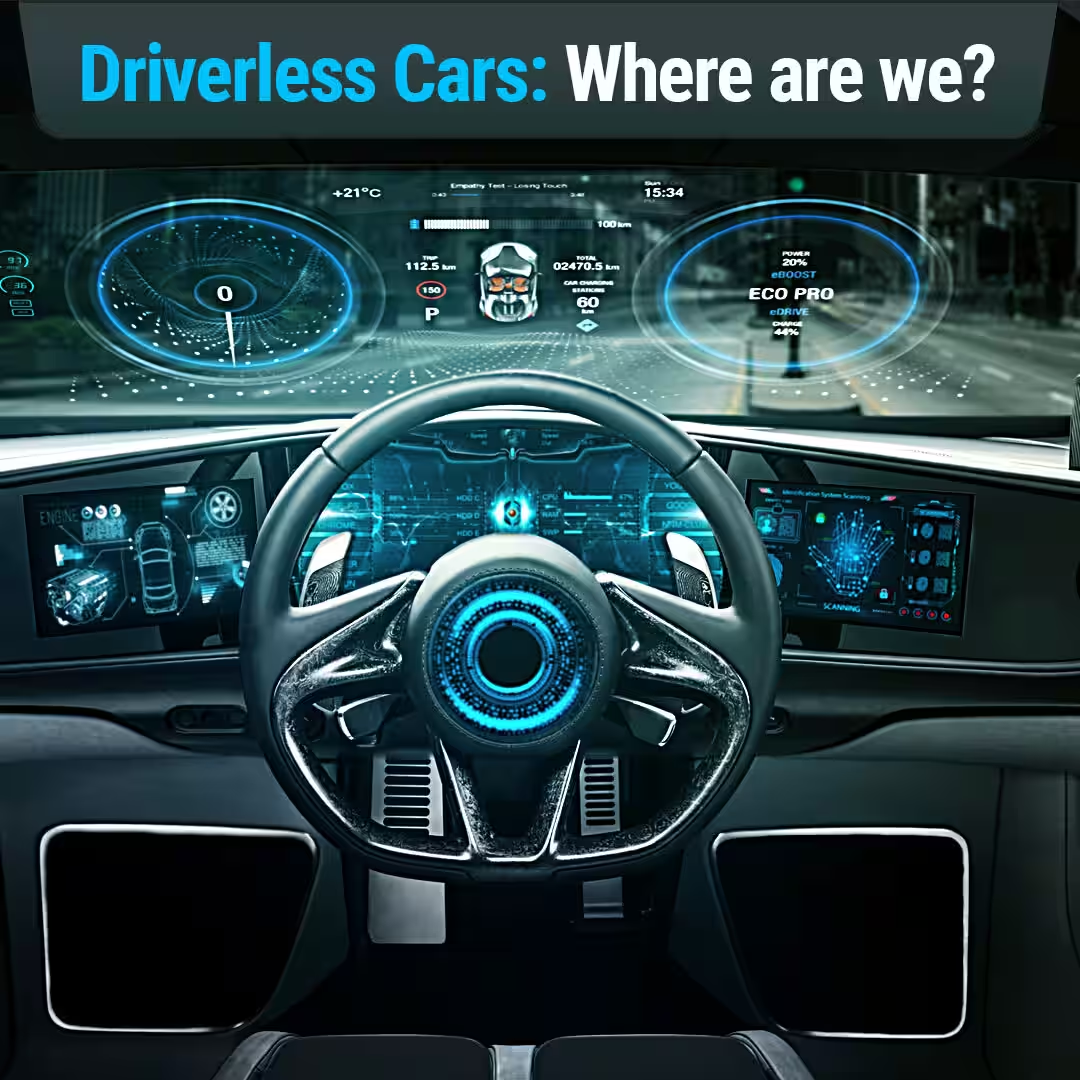
Driverless cars in India represent a significant leap in technology, promising to revolutionize transportation in the country. However, their adoption faces unique challenges and opportunities. The diverse and often chaotic traffic conditions, coupled with varying road infrastructures, present significant hurdles for the implementation of autonomous vehicles. Additionally, India’s regulatory framework for autonomous driving is still in its nascent stages, requiring robust policies to ensure safety and integration. Despite these challenges, the potential benefits are substantial, including reduced traffic congestion, lower accident rates, and enhanced mobility for the elderly and disabled. Companies like Tata and Mahindra are exploring this technology, indicating a growing interest and investment in driverless cars. With continued advancements and supportive regulations, India could eventually see a transformation in its urban mobility landscape through the integration of driverless cars.
Moreover, the infrastructure required to support driverless cars, such as advanced sensor networks, high-definition mapping systems, and reliable communication networks, may be lacking in many parts of India. Addressing these infrastructure gaps would be crucial for the successful deployment of autonomous vehicles across the country. Additionally, concerns about data privacy, cybersecurity, and the potential impact on employment in industries such as transportation and logistics would need to be carefully addressed.
For the latest information on the automotive industry visit our official site Wheels4moto.
Read Also:
